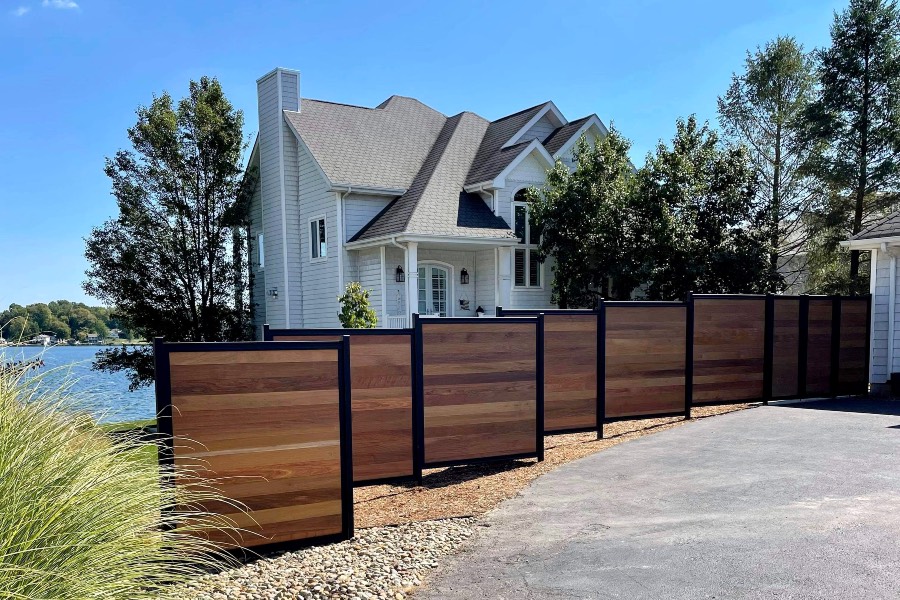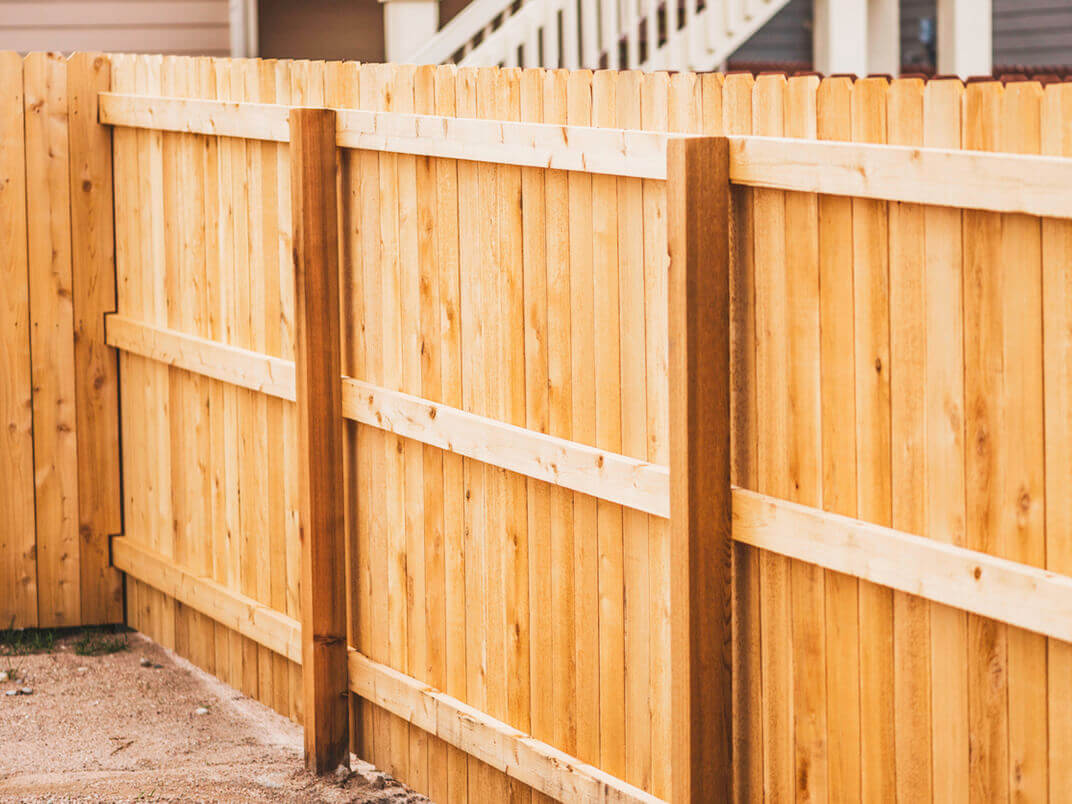All Categories
Featured

When preparing a secure fencing job, several homeowners concentrate primarily on the product and installation costs. However, there are numerous covert costs that can accumulate quickly and impact your general budget. Understanding these potential expenses beforehand can assist you much better plan and prevent unexpected economic surprises. Here's a failure of concealed prices you ought to think about when budgeting for a fencing.
- Permits and Regulations. Before setting up a new fencing, it is essential to contact your regional federal government to see if authorizations are needed. Some regions or cities have rigorous regulations concerning fencing product, height, and location, and you might need an authorization for your task. In addition, if you stay in an area with a Home owners' Association (HOA), they might have their own collection of policies and demands for fence.
Price range: $50--$ 500 for authorizations, depending upon your place and job range. 2. Land Cleaning and Preparation. It may require clearing before the fence can be set up if the location where you want to install your fence is overgrown with plants, rocks, or various other barriers. This can be a lengthy procedure, especially if you have a large area to cover. If your land is irregular or has an incline, you might need to invest in grading or leveling to ensure the fence is set up properly.

Expense variety: $200--$ 2,000 depending on the size and intricacy of the land preparation. 3. Removal of Existing Fencing. The price of removal and disposal might be higher than expected if you're replacing an old fencing. Numerous professionals charge additional to get rid of old fencing, and disposal fees can include in the overall price, especially if the materials are difficult to dispose or recycle of.
Expense range: $3--$ 10 per linear foot for fencing removal and disposal. 4. Energy Line Marking and Adjustments. Before digging for blog posts, it is very important to make sure that there are no below ground energies in the location, such as gas, water, or electric lines. Utility business normally provide a cost-free solution to mark these lines, yet in some situations, service providers may bill for situating and changing these energies to stay clear of damages during setup.
Price array: $100--$ 500 for energy line modifications or re-routing. 5. Custom Features and Additions. If you make a decision to add custom-made attributes to your fencing, such as entrances, attractive aspects, or automated systems, these can significantly increase the total expense. Gates, specifically automatic ones, require additional materials and labor, while ornamental elements or customized layouts include in the intricacy and cost.
Expense array: $100--$ 2,000 or more, relying on the features you select. 6. Material Shipment Fees. While lots of specialists consist of product prices in their estimate, some charge a separate cost for supplying the fence materials to your residential property. Distribution costs can differ depending upon the range from the supplier to your area and the size of your order.
Price variety: $50--$ 200 depending upon the range and dimension of the order. 7. Article Installation Challenges. The problem of the soil can have a big effect on the convenience and expense of installment. Rocky, clay, or largely jam-packed soil can make excavating message holes hard and taxing. These additional costs can add up. if your fence installment calls for customized devices to handle difficult soil.
Cost array: $100--$ 500 or more relying on the dirt type and difficulty. 8. Long-Term Upkeep Costs. Some fence products need ongoing upkeep to guarantee they last. Wooden fences might require to be tarnished or sealed every couple of years to protect against rot, while plastic and steel fences are typically low-maintenance but might incur repair services for damage over time. It is essential to factor these future costs right into your general budget plan.

Cost array: $50--$ 300 yearly for upkeep, depending upon material kind. 9. Climate Hold-ups. Unforeseeable climate condition, such as hefty rainfall, snow, or severe heat, can postpone the setup procedure. These delays can lead to additional labor fees or longer-than-expected task timelines, adding to the complete expense of the fence.
Price array: Variable relying on weather and job period. 10. Home Line Disputes. Setting up a fence near a building line might bring about disagreements with neighbors, specifically if the boundary is unclear. In such cases, you may need to work with a professional land surveyor to establish the specific property line, which adds added expenses to your project.
Cost range: $400--$ 1,000 for a professional residential or commercial property study. Conclusion. When budgeting for your fence, it's vital to represent both anticipated and hidden costs to prevent any surprises. Authorizations, land preparation, elimination of an old fence, utility changes, customized attributes, and long-term maintenance are just a few variables that can influence the last price. By intending ahead and discussing all prospective costs with your contractor, you can make certain that your fencing project remains within spending plan and fulfills your expectations.
Latest Posts
Reliable Industrial Roofing Solutions by Weathercraft
Published May 27, 25
1 min read
How Regular Auto Maintenance at Montclare Auto Repair Keeps Your Wallet Happy
Published May 26, 25
1 min read
Find Premier Car Repair Solutions in Chicago – Expert Care for Your Vehicle
Published May 25, 25
1 min read